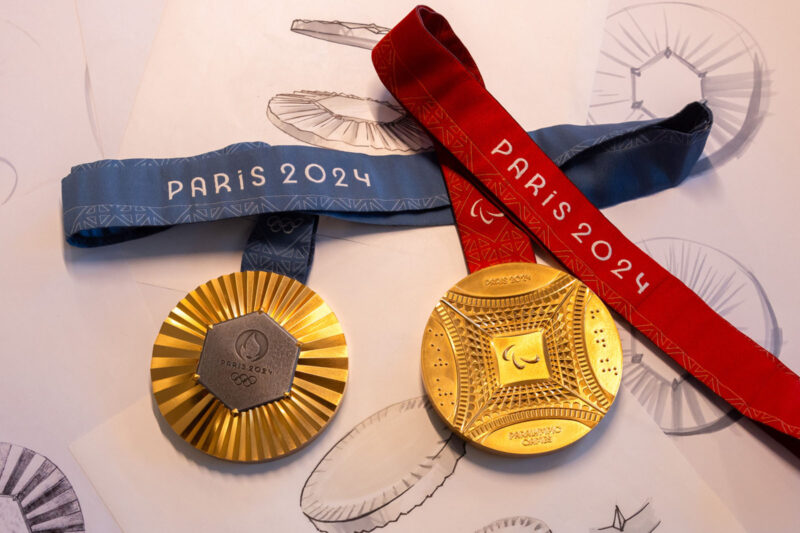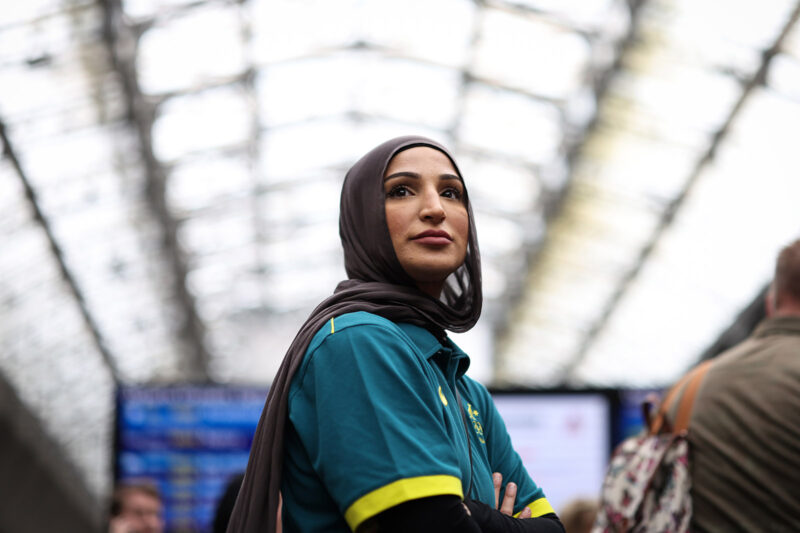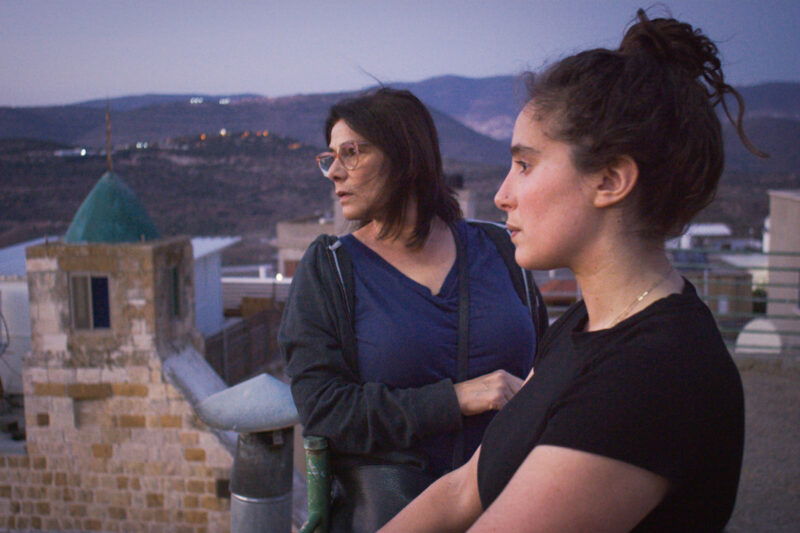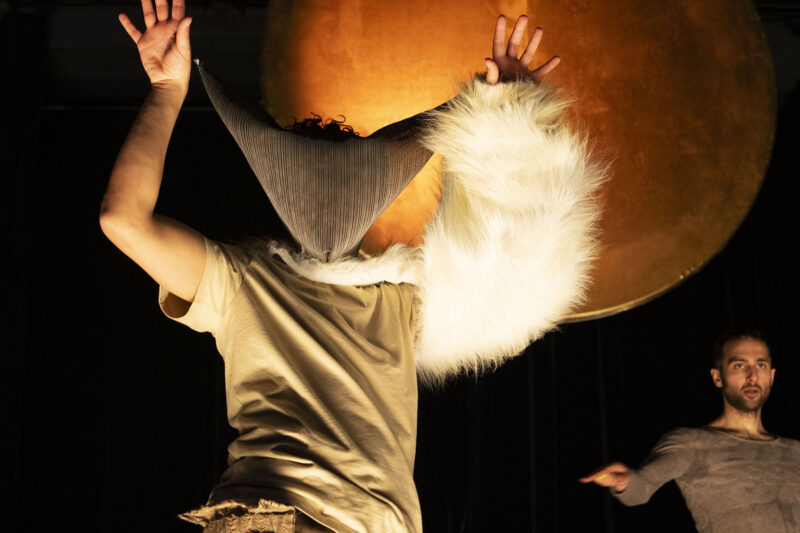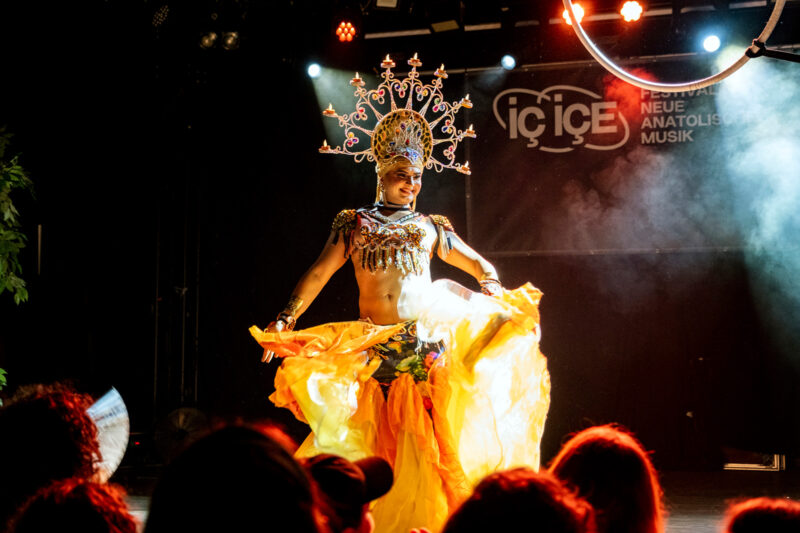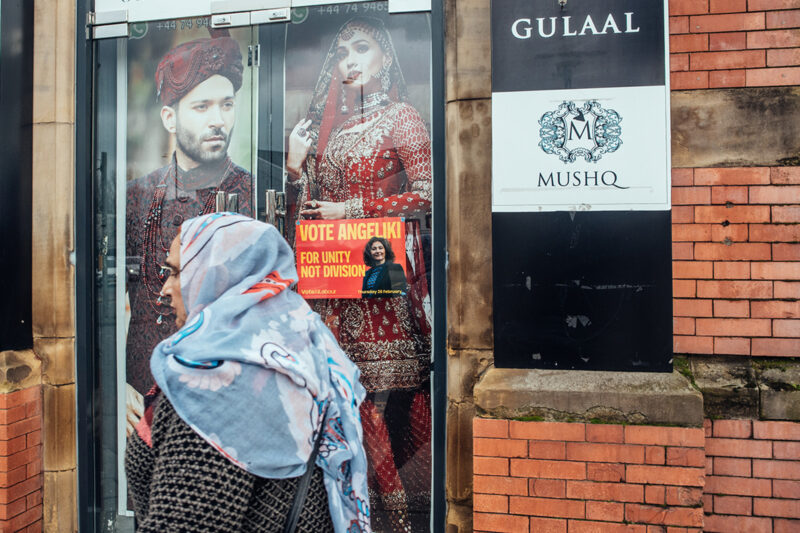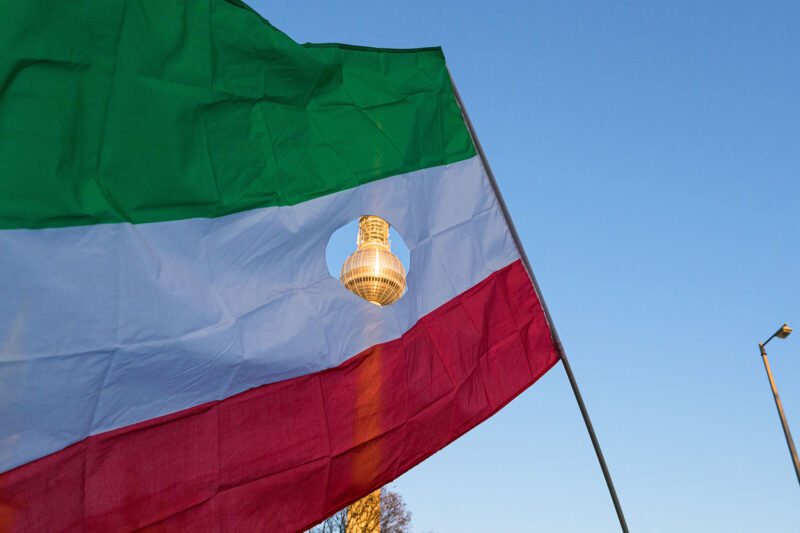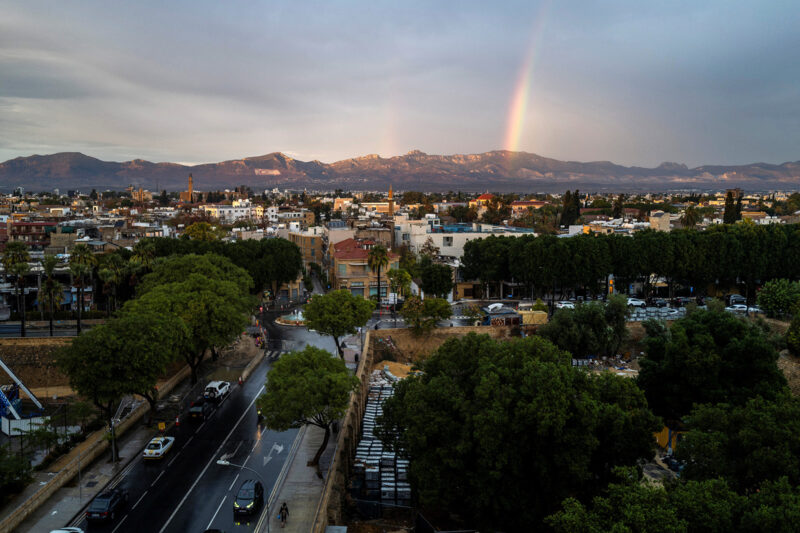The Paris Olympics open in a polarised France
As millions descend on the French capital for the Games, campaigners warn that the host’s ban on its athletes competing in hijabs could damage the nation’s sporting — and social — health for generations
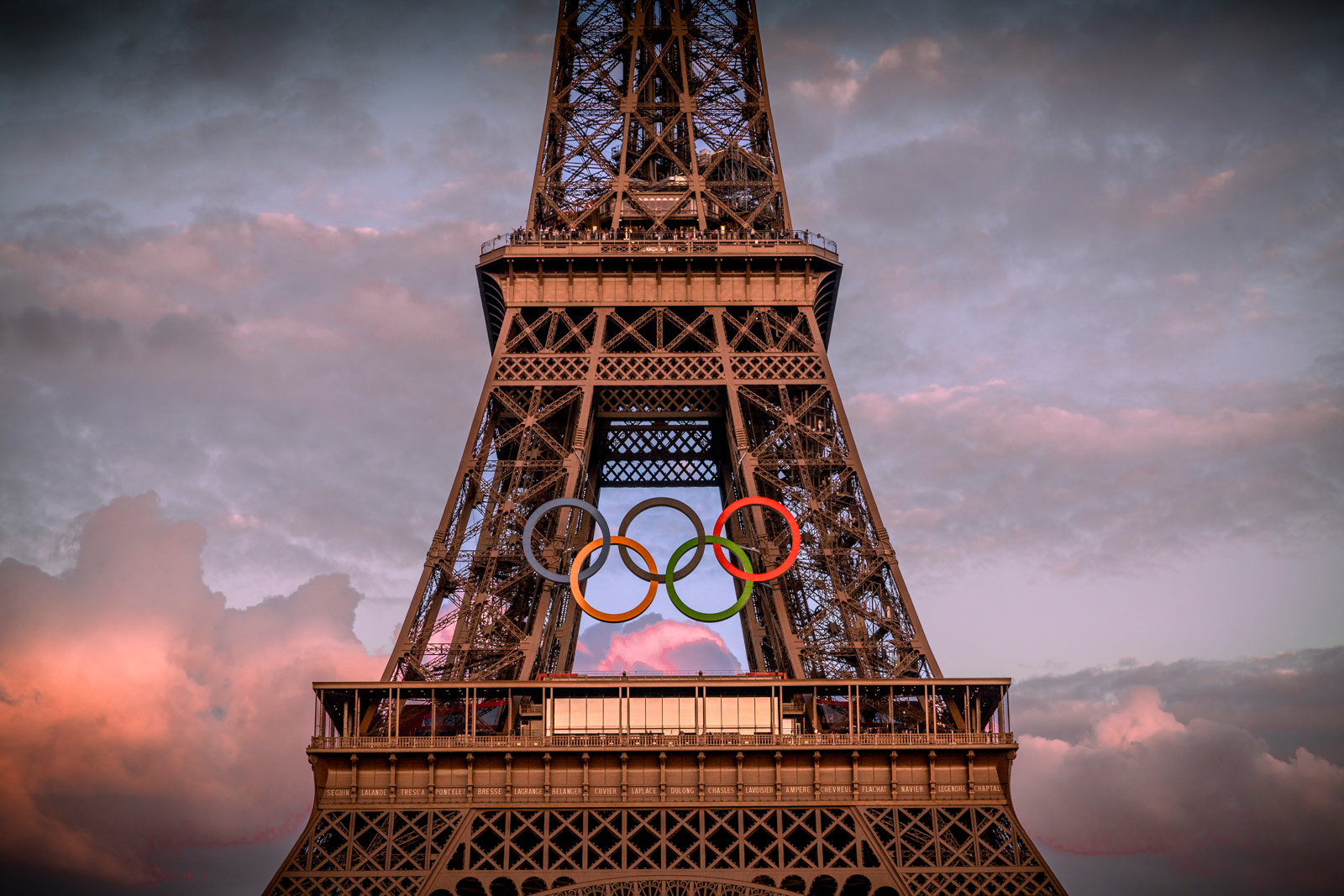
For two decades, boxing has been Laetitia Bakissy’s life. She started to box at her local Paris gym when she was 15 and six months later had won her first fight. Two years later she became French amateur champion and in 2010, aged 20, she turned professional. She has watched the Olympics on TV every four years since she was a child but on 26 July — when the Games open in her hometown for the first time in a century with a spectacular €130m opening ceremony — Bakissy won’t be watching.
According to International Olympic Committee (IOC) guidelines, athletes are free to wear religious symbols in competition. But in September 2023, French sports minister Amélie Oudéa-Castéra announced that French Olympians would not be able to wear the hijab at the Paris Games — a decision described by rights groups including Amnesty International as a breach of international human rights laws. Bakissy, now 34, converted to Islam when she was 17 and wears a hijab. She was personally heartbroken by the decision and devastated for fellow athletes whose hopes and dreams have been crushed by it. “To be an athlete takes so much hard work and such dedication,” she said. “I want to watch but I am just so sad I feel like I can’t.”
The Olympic hijab ban is one of many introduced recently by French sporting authorities. In a review of 38 countries, Amnesty International found France was the only nation to enshrine headscarf bans in sports including football, basketball and volleyball. The French Boxing Federation has also banned competitors from wearing hijabs in professional fights. Despite being a one-time French champion, Bakissy can now only compete internationally. “I’m really sad about it, because I want so much to fight in my country in front of my friends and family, and I can’t,” she said.
The 2024 Paris Olympics opens on a backdrop of historic political instability and social polarisation in the host nation. Far-right party the National Rally (RN), which promises a “cultural battle” against Islam, failed to win July’s snap election as pundits predicted, polling third. The vote had been an attempt by president Emmanuel Macron to see-off the populist challenge after the RN’s success in the European parliamentary elections — but his gambit failed. The election was won by a leftwing alliance led by far-left populist Jean-Luc Mélenchon and the RN increased its seats in parliament from 89 to 142.
The hijab bans introduced into French sport are part of a range of policies limiting religious expression introduced by the Macron administration in an attempt to respond to an increased public appetite for nativism. Critics argue the policies have done little to limit the rise of the far right but have instead fostered greater polarisation and made Islamophobia more socially acceptable. As the French capital prepares to host 10,500 athletes and millions of international visitors, a new and wildly divided parliament struggles to form a viable government.
Campaigning groups including Amnesty International have requested the IOC call on France to lift its hijab ban. The organisation has so far refused, stating that such an intervention is outside its remit. This response has disappointed human rights campaigners, particularly given how heavily the IOC has invested in providing equal access to sports for refugees and displaced people. In 2016 it launched the Refugee Olympic Team for displaced athletes, who compete under the Olympic flag. It has subsequently set up the Olympic Refuge Foundation — which runs sports programmes in refugee camps around the world, as well as in the suburbs of Paris — and the Refugee Athlete Scholarship Programme, providing aspiring Olympians with financial support and training.
Ahmad Alikaj, 33, a judo Olympian who fled the civil war in Aleppo in Syria for Germany in 2015, is one of 75 refugee athletes currently on the scholarship programme. He credits sport with helping him build a new life in Hamburg, where he now works as a fitness instructor and coach at a children’s judo club. He won’t be competing in Paris but says the possibility of representing refugees at the Olympics is a powerful rebuttal to Europe’s growing chorus of anti-immigrant voices. “Some people think that in Syria we have nothing: no talent, no training facilities. Of course this isn’t true, and we can demonstrate that,” he said.
Alikaj believes France’s headscarf ban has simply created another obstacle for people who already face multiple barriers to inclusion. It also feels to him as though the French government is unfairly targeting Muslims. “Everyone should have an equal chance to compete,” he said.
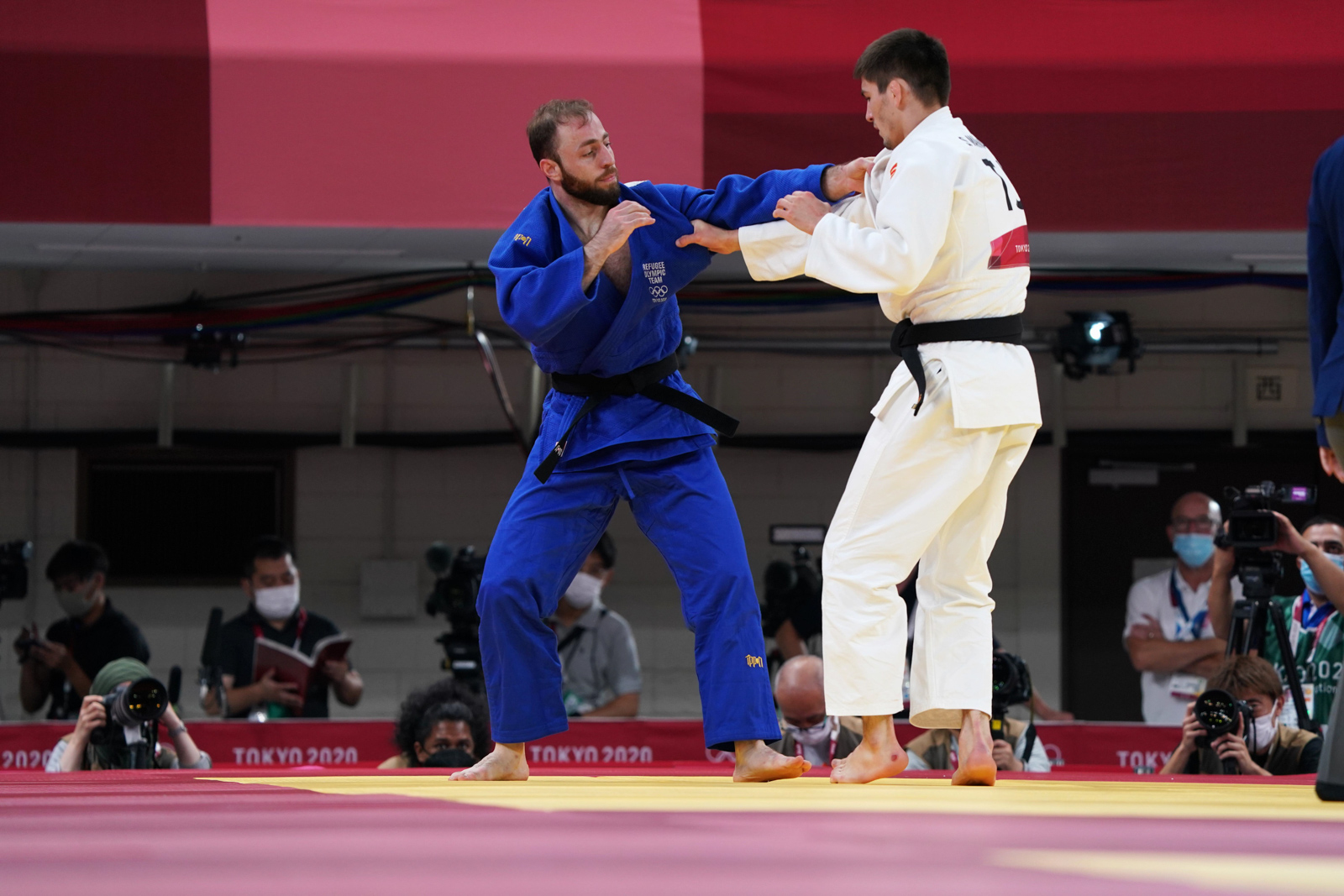
Haïfa Tlili is a post-doctoral researcher at Vrije Universiteit Brussels who specialises in Muslim women’s participation in sports. She also works with basketball player Diaba Konaté and coach Assia Verhoeven at Basket Pour Toutes (Basketball For All), a collective of players, coaches and allies that campaigns against the hijab ban introduced in both professional and amateur basketball in France in December 2022.
Tlili also works with the French sports union Ufolep doing community outreach in poorer French neighbourhoods. She said the ban has had a devastating impact on players, teams, and the sport overall, and is frustrated that international sports federations, including the IOC, have refused their calls to speak out against it.
“They’re like: ‘It’s not our problem’. It’s a shame, because we need them to help us find a solution, to find examples and methods against this. Right now they are just amplifying discrimination,” Tlili said.
“[Before the ban] we had touched a new generation of Muslim women who previously were not connected with sport, and now suddenly there is no representation. It is destroying the links between communities in poor neighbourhoods.”
Tlili and her colleagues at Basket Pour Toutes believe the hijab bans will have a long-term detrimental effect on French sport. Konaté, who has played for the French national youth team and for the past five years for college teams in the US, said French teams are losing some of their best players and falling down league tables. She is considering leaving the country and her family in Paris so she can continue playing. “I’m in a situation where I have to choose between my passion and my family,” she said.
Verhoeven, who coaches 12 to 15-year-olds in the southern Paris suburb of Ivry, home to a large immigrant population, said the ban is confusing and upsetting for young people. “[They] don’t understand these arguments about secularism or religious expression,” she said. “They are just sad that they can no longer play with their friends and don’t understand why.” She said the polarising effect of the ban can already be seen on the court. Verhoeven wears a hijab herself, and while the ban doesn’t apply to coaches, she has been told by referees to remove her headscarf during matches.
Tlili points to actions like this as evidence of “institutionalised Islamophobia” in sports, making it harder for anyone to call out or criticise discrimination. “We need to see that this is not just an Islam issue, it is universal,” she said. “We have to respect women’s bodies and women’s choices. At the moment, politicians are worsening polarisation with these policies. And all Muslims in France will be traumatised by it.”
Konaté predicts the hopes and ambitions of France’s next generation of Muslim talent will be crushed by their government’s refusal to allow them to represent their country in the only Olympics likely to be held on their home ground in their lifetime. “Generally, there’s not great Muslim representation in sports,” she said. “For the last few years, I’ve been that person [for younger girls], but now I’m restricted from being that. Young Muslim players will think: ‘Who do I look up to?’ They don’t have anyone anymore.”
 Newsletter
Newsletter


